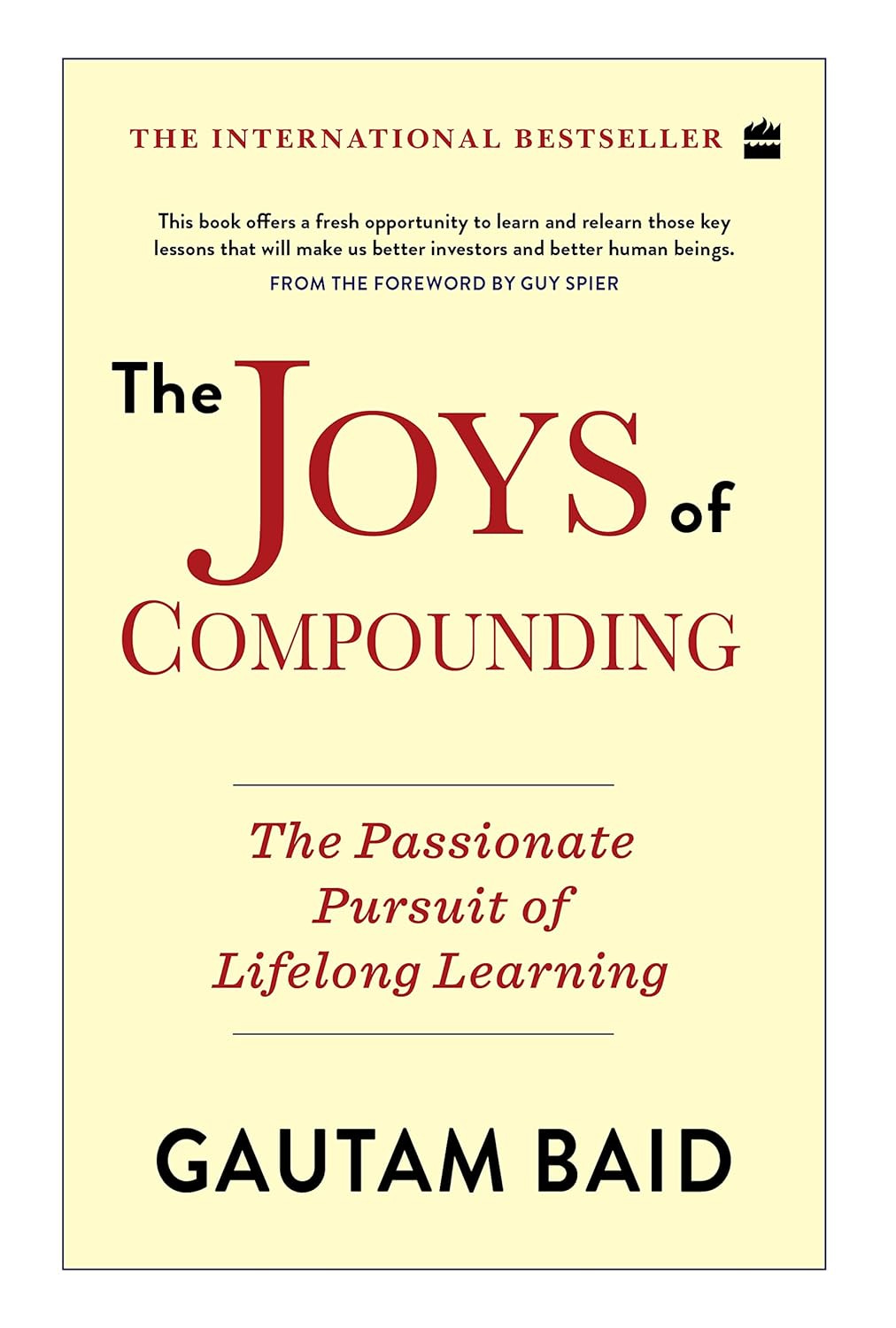#NotJust This Time: Why We tend to Keep Slipping If We Fail to Live Our Values Even Once
Reflections on values and principles, and why it is easier to live by our principles 100% of the time rather than 99% of the time
Hello Dear,
How have you been? I trust that you have been doing reasonably well. Just in case you noticed, it has been around 11 days since the previous post in this #NotJust Email Newsletter. Interestingly, you may not have noticed that I had told you in that post that it was my birthday as well that day. Here is the post in case you would like to consider reading it.
#NotJust Laughter: Why We Should Not Forget to Laugh More
Reflections on the underappreciated power of laughter and humour, and how it can make us freer and fuller; and our lives more whole and meaningful.
Tell you what, I was recently going through some kind of a state of reduced zeal for writing, for expressing myself and “sharing” “my” “ideas”. That is mostly why I have not been writing. But I thought I will try and put some words down today. So here I am.
Let us talk today about values and principles. If you have been reading One Doubt Please, you may perhaps recall that we have already discussed this before.
Howsoever small or lowly we may be in the larger scheme of things, standing up for our values and beliefs is no doubt a powerful act, which has the potential to create ripples of change. And in any case, we should do it simply because it is the right thing to do.
For more, please check out the following article.
How Can We Be Truer to Each Other?
Reflections on the immense power of trust and shared values, and their crucial role in our shared being and becoming.
We also argued that:
Failing to live up to our values can not only lead an organization along the wrong path of doing the wrong things, but also in doing the wrong things the wrong way!
This reflection is explored in a little more detail below.
#NotJust Leaders: Is(n't) Everyone of us called to Lead?
Reflections on the concept and practice of "leadership", especially the role of values and the fundamental role of leaders and leadership.
Let us explore another dimension of the creeping loss of values in a community, whether that community be an organization or society or some other social group. The following is a short piece I shared with fellow IIS Officers, in March 2021.
[Beginning of a short piece I wrote in March 2021]
When Organizations Lose Their Virginity due to Normalization of Deviance and Groupthink
Normalization of Deviance
The sociologist Diane Vaughan coined the phrase the normalization of deviance to describe a cultural drift in which circumstances classified as “not okay” are slowly reclassified as “okay.” Repeated over time, this behavior became routinized into what organizational psychologists call a “script.” People begin not merely acting as if nothing was wrong. They believe it, bringing to mind Orwell’s concept of doublethink, the method by which a bureaucracy conceals evil not only from the public but from itself.
When Thoughtless Headless Chickens bombarded by information go by the Wrong Script
Executives are bombarded with information. To ease the cognitive load, they rely on a set of unwritten scripts imported from the organization around them. You could even define corporate culture as a collection of scripts. Scripts are undoubtedly efficient. Managers don’t have to muddle through each new problem afresh, because “the mode of handling such problems has already been worked out in advance.” But therein lies the danger. Scripts can be flawed, and grow more so over time, yet they discourage active analysis.
Expanding Divergence
The most troubling thing, says Vaughan, is the way scripts “expand like an elastic waistband” to accommodate more and more divergence.
“It’s like losing your virginity. Once you’ve done it, you can’t go back.” If you try, you face a credibility spiral: Were you lying then or are you lying now?
False Promises, Unethical Decisions
The final decision to deceive was, on an individual level, rational—the logical end to a long sequence. It sarted, as Volkswagen’s problems apparently did, with a promise that should not have been made….“The only question left for me to decide,” Vandivier later wrote, “was whether or not I would become a party to the fraud.” Refusal would mean losing his job. He’d be 42, with seven children, a new house, and a clear conscience. “But,” he wrote, “bills aren’t paid with personal satisfaction, nor house payments with ethical principles.” He spent nearly a month crafting the falsified report.
The Need to Nurture Culture
What James Burke, Johnson & Johnson’s CEO, did was anticipate the possible results of these pressures, well before they built up. He shared Henry James’s “imagination of disaster.” And it’s why he introduced, if you will, a set of counterscripts. It was a conscious effort to tinker with the unconscious criteria by which decisions at his company were made. The result was an incremental descent into integrity, a slide toward soundness, and the normalization of referencing “Our Credo” in situations that might otherwise have seemed devoid of ethical content.
Decisions may be the product of culture. But culture is the product of decisions.
Above are excerpts from this article.
[End of the short piece I wrote in March 2021]
I am grateful to have got the opportunity to receive invaluable lessons and reminders on the importance of living our values and living by our principles, in the book I am now reading. Having read around one third of the book, I can say that the book is wonderful indeed. Incidentally, even before reading it, I had gifted it to a friend and fellow IIS officer. The book is The Joys of Compounding: The Passionate Pursuit of Lifelong Learning, a 2019 book by Gautam Baid.
In this book, in a chapter titled “Living Life According to the Inner Scorecard”, the author tells us that the idea of living life according to the inner scorecard, rather than based on external validation and the desire for social approval, is closely linked to the concept of the “Kantian fairness tendency”, which Baid notes has been discussed by the legendary investor Charlie Munger, in his essay The Psychology of Human Misjudgement. Read this essay here. [I myself am yet to read it, having discovered it just now.]
Kant was famous for his “categorical imperative,” a sort of a “golden rule” that required humans to follow those behavior patterns that, if followed by all others, would make the surrounding human system work best for everybody. - Charlie Munger
Baid says that he sees this as “the law of the higher good, of treading the high moral ground, of taking the road less travelled, of being the better people”.
Let me close by inviting your attention to another One Doubt Please article related to the theme for today.
#NotJust "The Corrupt": Are(n't) We All Corrupt?!
Reflections on the eternal malady of corruption; what it means to be corrupt, and how we could hope to combat it.
Fine then, good bye then. If you have read this far, does this post add some value? Should I keep writing and continue this #NotJust newsletter? Feel free to let me know in the comments or at newdheep@gmail.com. Thank you. Best. - Dheep.









